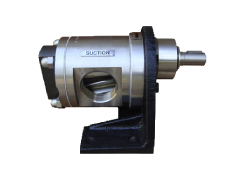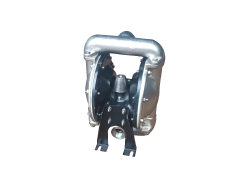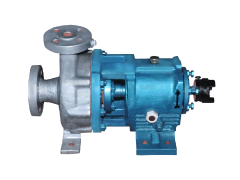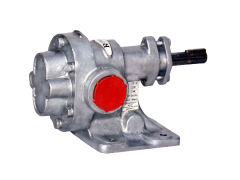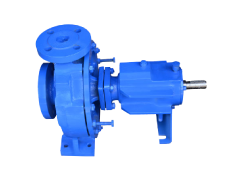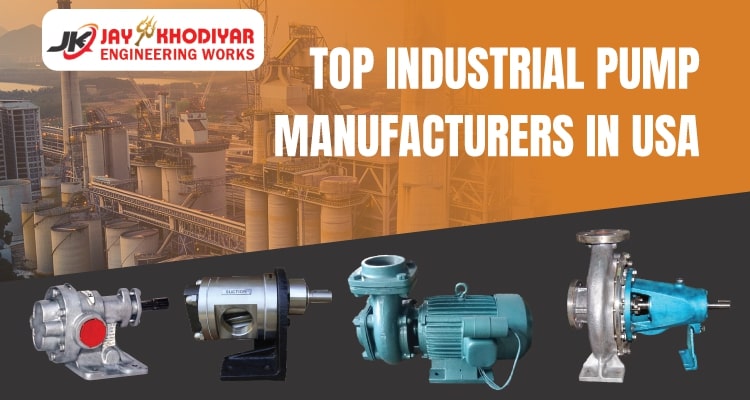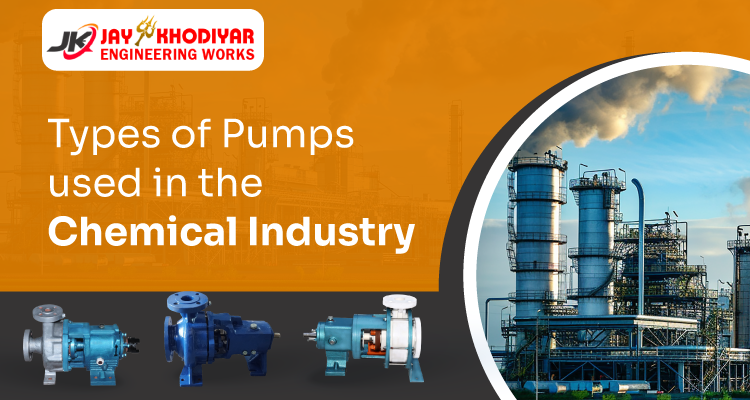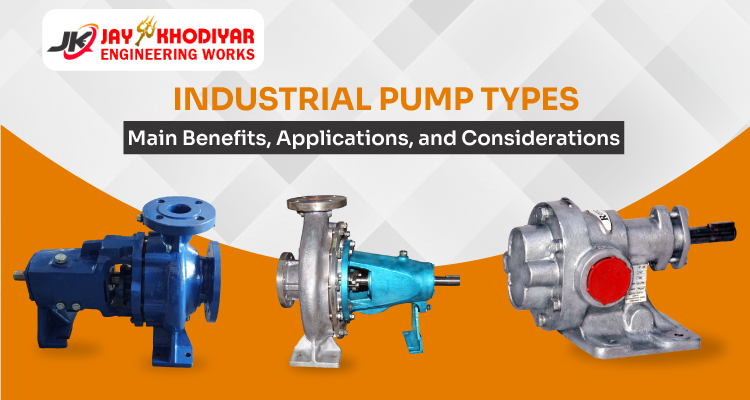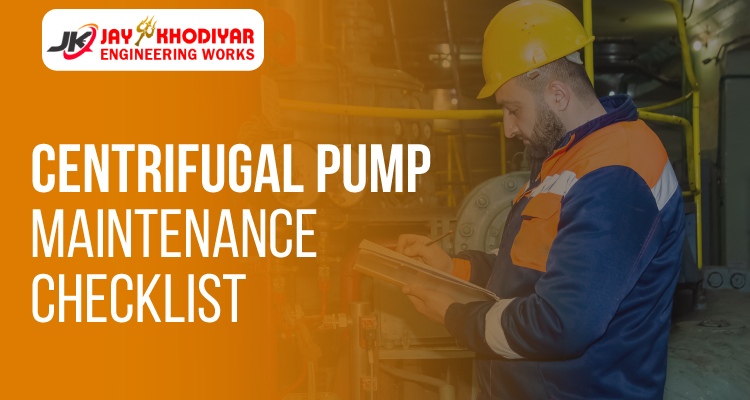
Centrifugal Pump Maintenance Checklist
March 11, 2024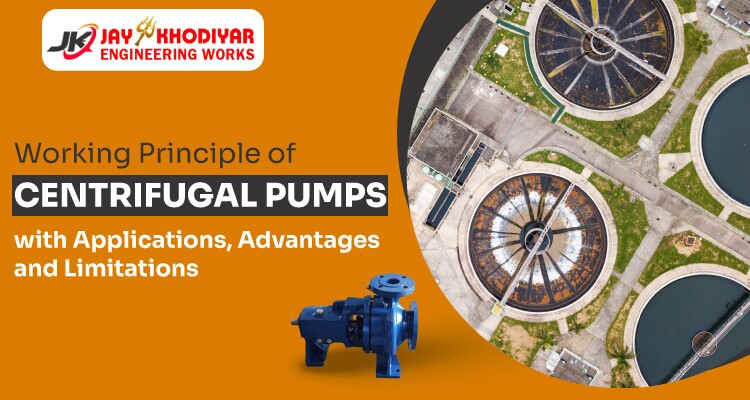
Working Principle of Centrifugal Pumps with Applications, Advantages and Limitations
April 18, 2024Imagine you're running a factory or a plant, and the heart of your operations lies in the industrial pumps that keep fluids moving.
These powerful machines are crucial for various industries, from oil and gas to chemical processing, and selecting the right one can make or break your productivity and efficiency.
That's why considering the right factors is crucial when purchasing an industrial pump.
In this blog post, we'll explore 8 crucial factors that you should keep in mind to ensure you make the best choice.
Factor 1: Application and Compatibility
The first and foremost factor to consider is the specific application and environment where you'll be using the industrial pump.
Different industries and processes have unique requirements, and the pump you choose must be compatible with the fluid being pumped. This includes factors like viscosity, temperature, and corrosiveness.
Failing to account for compatibility can lead to premature wear, leaks, and even pump failure, costing you dearly in downtime and repairs.
Factor 2: Flow Rate and Head Requirements
You need to choose a pump that can move the right amount of fluid at the right pressure for your needs. The amount of fluid a pump can move is called the "flow rate." The pressure needed to push the fluid is called the "head."
If you pick a pump that's too small, it won't have enough flow rate, and your system won't work properly. But if you pick a pump that's too big, it will waste energy and wear out faster than necessary.
That's why it's important to know the exact flow rate and head requirements for your system before choosing an industrial pump.
If you get a pump that's the perfect size – not too big and not too small – it will work efficiently and last a long time.
Factor 3: Pump Type and Design
There are many different kinds of industrial pumps to choose from. Some common types are centrifugal pumps, positive displacement pumps, and mud pumps.
Each type of pump works better for certain jobs and fluids. Centrifugal pumps are good for moving thin, low-viscosity fluids that flow easily. Positive displacement pumps are better for thick, high-viscosity fluids that don't flow as smoothly.
So depending on what kind of liquid or material you need to pump, some types of industrial pumps will work better than others. You need to pick the right type for your specific application.
Additionally, you'll want to consider the pump's design features, such as impeller type, casing material, and seal design, which can impact performance and longevity.
Factor 4: Energy Efficiency
Energy efficiency should be a top priority when selecting an industrial pump.
An energy-efficient pump can save you thousands in operating costs over its lifetime while reducing your environmental footprint.
That’s why you must look for pumps with energy-efficient certifications or ratings, and consider factors like pump design, motor efficiency, and system optimization to maximize energy savings.
Factor 5: Installation and Maintenance Requirements
Before purchasing an industrial pump, think about the installation requirements.
Do you have space constraints or specific piping layouts to accommodate?
Additionally, consider the ease of access for maintenance and repair. A well-designed pump should allow for easy disassembly and replacement of pump parts.
Most importantly, you must not forget to inquire about the availability of spare parts and service support from the pump companies you're considering.
Factor 6: Lifecycle Costs
While the upfront purchase price is important, it's crucial to consider the lifecycle costs of an industrial pump.
This includes installation, operation, maintenance, and eventual replacement costs.
A more expensive pump with higher efficiency and reliability may ultimately save you money in the long run by reducing energy consumption and maintenance costs.
Factor 7: Compliance and Safety Standards
Depending on your industry and location, there may be specific standards and regulations that your industrial pump must comply with.
For example, if you're operating in a potentially explosive environment, you'll need to ensure the pump meets ATEX certification requirements.
Remember, safety should always be a top priority, so make sure to follow proper training and safety protocols for pump operation and maintenance.
Factor 8: Manufacturer Reputation and Support
When investing in an industrial pump, you want to work with a reputable and experienced manufacturer.
Established pump companies with a proven track record in the industry are more likely to provide reliable products, comprehensive warranties, and access to technical expertise.
Most importantly, don't underestimate the value of after-sales support – you'll want a manufacturer that can provide prompt assistance and guidance when needed.
Conclusion
Purchasing an industrial pump is a significant investment, and considering the right factors is crucial for ensuring optimal performance, efficiency, and cost-effectiveness.
By evaluating your application and compatibility needs, pump type and design, and manufacturer reputation and support, you can make an informed decision that will serve your operations well for years to come.
Remember, every application is unique, so don't hesitate to consult with experts or industrial pump manufacturers like Jay Khodiyar Pumps to get personalized guidance.
With the right industrial pump in place, you can keep your operations running smoothly and efficiently.







